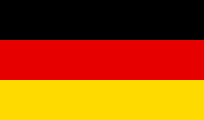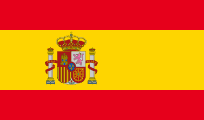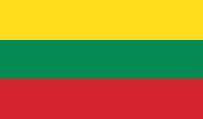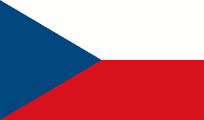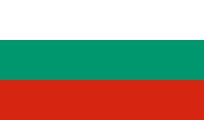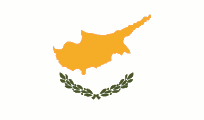Mobi Doctor has an easy and free registration process that connects you with an English-speaking doctor immediately. Sign up and book a consultation to talk to a doctor online.
We will connect you with a doctor who will evaluate your condition and issue a prescription. Our doctors will provide consultations and prescriptions for everyone living in or visiting the EU.
Take advantage of follow-ups with our doctors so you can update us about your condition. When you let us handle your healthcare, you can expect the entire clinical experience from anywhere you are in the region.
Get medical help from top-rated doctors without waiting or geographical limitations.
Mobi Doctor strives to improve primary care throughout the EU.
We combine world-class technology and top-rated doctors to make your life more convenient.
Mobi Doctor: Your favourite online doctor
Get medical advice and online prescriptions, all from the comfort of your home, office, hotel or wherever you might be.
Our doctors are EU-based, licensed and carefully vetted, so you can relax and know you’re getting quality care.
It’s like going to a doctor’s office, just quicker and much more comfortable.
No travelling. No waiting. It’s health care for the 21st century!
Your health is always on our minds from Monday to Sunday, and we're here when you need us.
With us, waiting times are virtually nonexistent. Talk to a doctor online in minutes. Telemedicine is here to attend to your pressing health concerns.
Convenient and easy. Have an online doctor check up on you in minutes. We offer consultation at a fair price with no waiting!
Our skilled doctors can offer the features of an in-house visit via video conferences.
Our team highlights significant advances in telemedicine for patients in the EU, EEA.
Whether you are interested in our services or want to join our growing team, we have the best offers for you.


